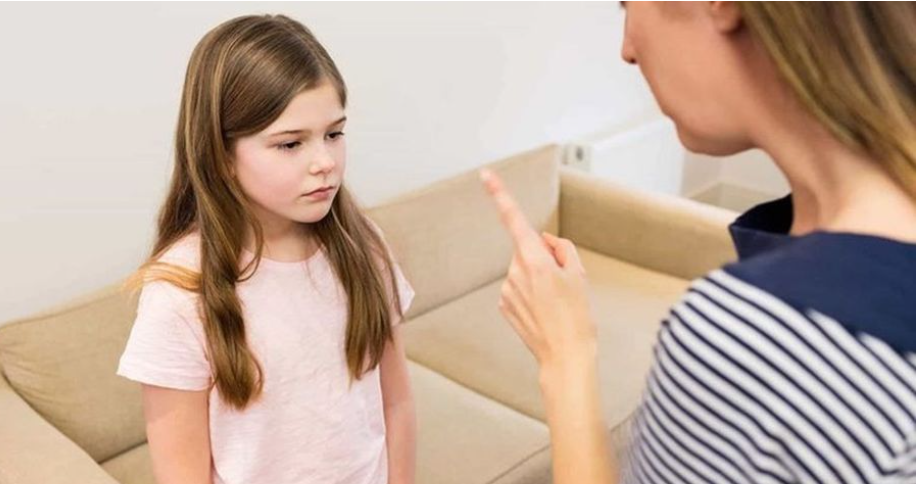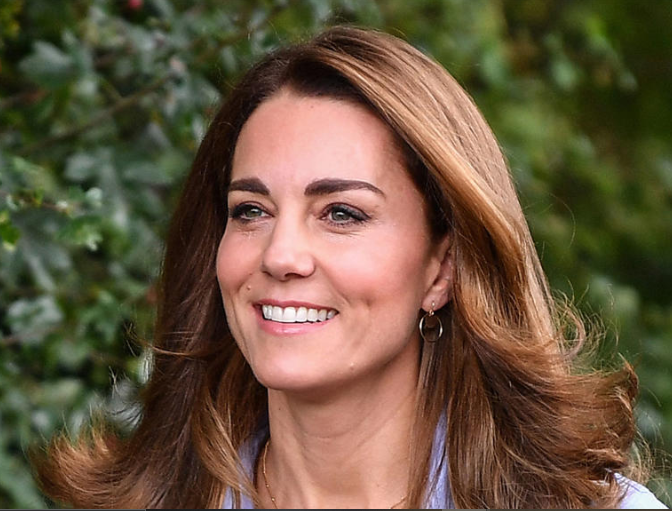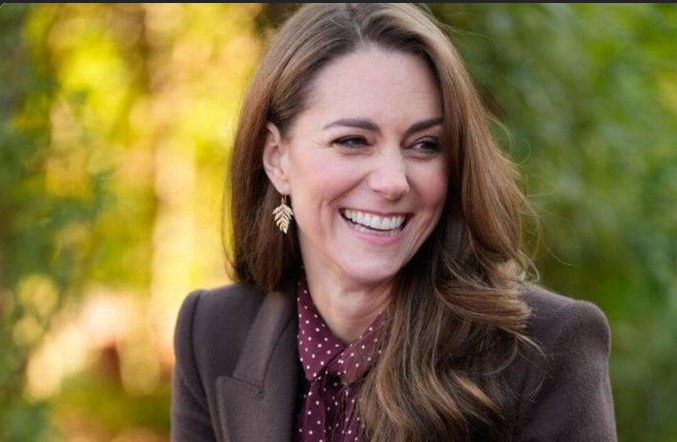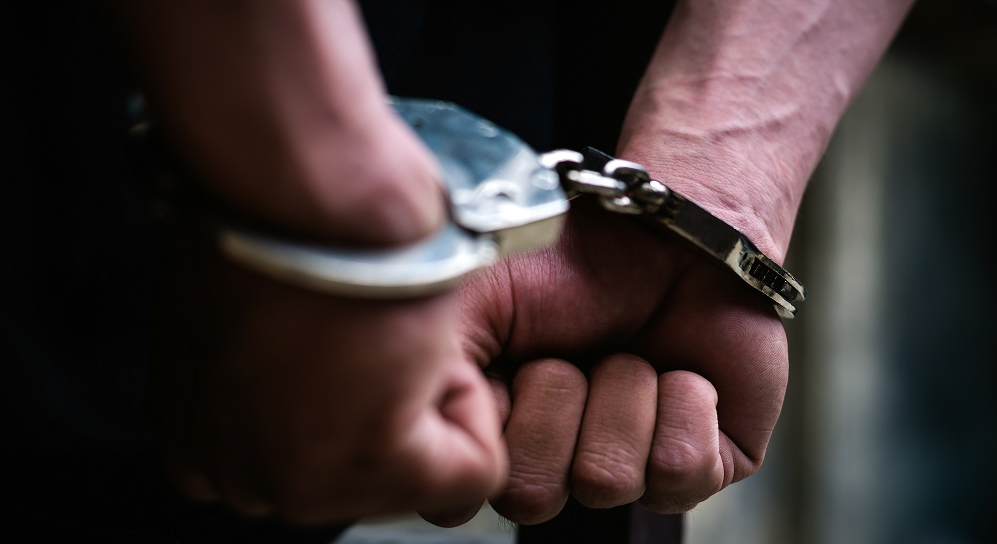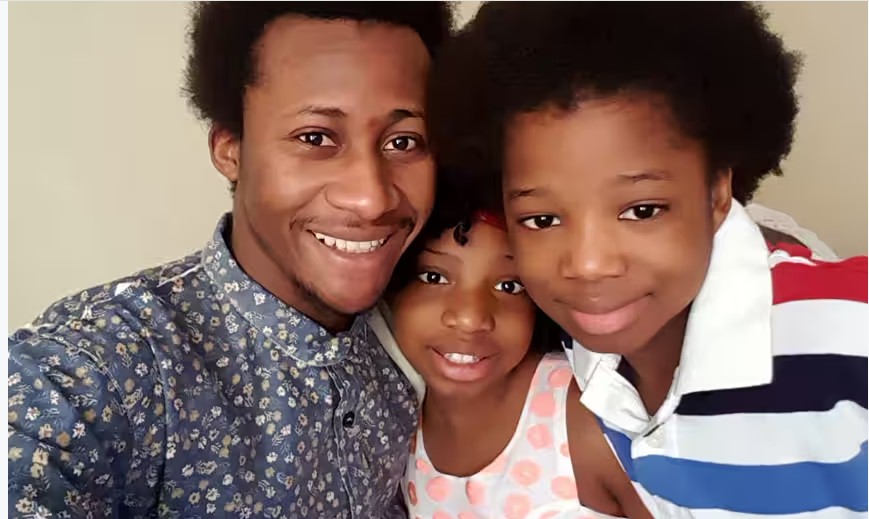
Attending a predominantly white school was a challenge for me.
I was born in Ghana and moved to Canada when I was six years old.
Growing up in Regina, Saskatchewan, I struggled to find common ground with my peers and build friendships. The subtle comments and actions from my classmates often left me feeling isolated.
I felt like an outsider when they made remarks about my braids or how fast I could run.
But it was during Black History Month in Grade 5 that I truly felt the weight of my difference.
A Symbol of Tragedy
Our teacher introduced the history of Black people in North America, describing the horrors of slavery and the systemic oppression that followed.
As she spoke, I felt the eyes of my classmates slowly turning toward me, their gazes filled with pity.
It was as if I had become a living representation of the suffering she described.
But the history of Black people in Canada wasn’t my history. My family wasn’t enslaved—I was born in Africa.
I felt confused. Why were my classmates looking at me, as if this history belonged to me?
They asked me questions, expecting me to have answers, even though I had only just learned about it myself.
I vividly remember the teacher saying that slavery still impacts Black people today, and that white people had killed so many of them and their family members.
Her words hung in the air—heavy, suffocating.
In that moment, I wasn’t just a classmate anymore. I felt like a symbol of tragedy, a reminder of a history I had no control over.
I hated that feeling.
I wanted the month to end, to stop being the center of attention for all the wrong reasons.
The Weight of Otherness
But it didn’t stop there.
The small, seemingly harmless comments from my peers reinforced my sense of otherness.
The first time I came to school with cornrows, someone remarked, “Your head looks like an egg.”
Another chimed in, “You look like one of the slaves from that video we watched.”
Their words cut deep. After that, I avoided getting cornrows.
I started resenting my hair—the very thing that connected me to my culture.
Those comments planted a seed of self-doubt that only grew over time.
As I got older, things got worse.
What started as “innocent” questions during Black History Month turned into blatant racism.
Classmates casually dropped the N-word, laughing like it was a joke.
When I spoke up, I was told I was too sensitive or overreacting.
So, I learned to stay quiet, to laugh along, to shrink myself so I could fit in.
I convinced myself that blending in was better than standing out—even if it meant losing pieces of myself.
For a long time, I dreaded Black History Month.
I would fake being sick to avoid the awkwardness and pain.
The racist jokes, the stares, the pity—it was all too much to bear.
Being the only one in the room, feeling utterly alone, was a heavy burden.
No matter how hard I tried to fit in, I would always be seen as different.
Reclaiming My Identity
Everything changed in June 2024, when I turned 16.
I opened up to a friend about how I was feeling. She noticed the stress it was causing me and suggested I talk to my older brother, who is 30.
We went out for breakfast, and I broke down.
I told him everything—how I had been struggling.
Having him listen helped more than I expected.
He told me I wasn’t the first person to feel this way, and I wouldn’t be the last.
But he reminded me that I wasn’t alone, and that I had a support system. I had been so caught up in my own pain that I hadn’t realized there were people who wanted to help me.
Through my church youth group, I had found friends from different backgrounds—people who accepted me for who I was.
My brother told me to stop worrying about the kids at school and focus on those who truly cared about me.
I felt a huge sense of relief.
It’s taken time to unlearn the self-hatred that was planted in me during those early years, but I’m slowly reclaiming my identity.
For so long, I felt guilty for struggling because my parents had moved us to Canada for a better future.
I felt like I was letting my pain control me.
I used to lie when my mom asked if I was okay. She always knew the truth.
But after that conversation with my brother, I started opening up.
Now, I talk to my mom without guilt, and she’s become my best friend.
Through everything, I’ve learned that my differences are not a flaw—they are my strength.
My hair, my culture, my history—these are not things to be ashamed of.
They are a part of me, and nothing can take that away.
I still feel that Black History Month doesn’t reflect the history of all Black people—but I’ve come to appreciate learning about it.
Now, I’m not as sensitive about it.
And I’ve decided to start learning about my own family’s history as well.


